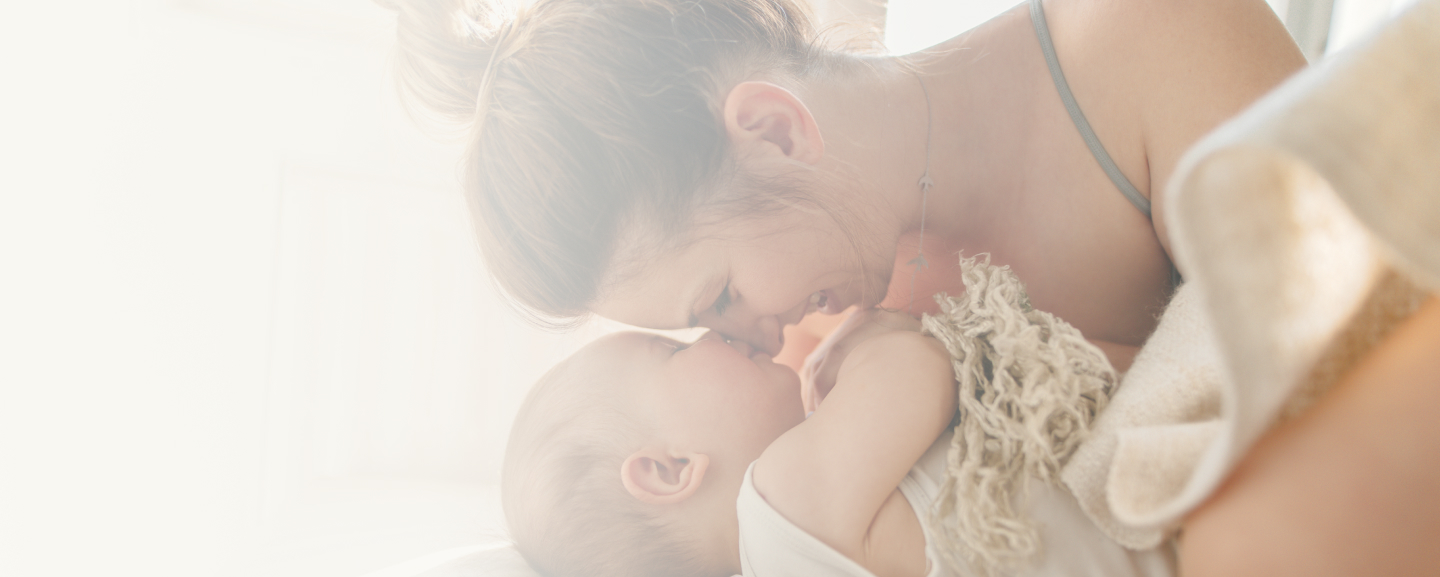How Age Affects Female Fertility
Today it is more common than ever for women to delay child-bearing for various reasons. Twenty percent of women have their first child after the age of 35 in the US. Pursuing a career, attaining financial stability and finding a suitable partner are common reasons cited. The oldest woman documented to give birth with the use of her own eggs was 56 years old, but most women will have great difficulty conceiving after age 42. Many scientific studies have shown that a woman’s fertility (the chance of conceiving in a given month) declines a small amount after the age of 30. The odds of conceiving decline even more rapidly after the age of 40. One way of measuring the fertility of different age groups is to review the pregnancy success rates of women undergoing the form of assisted reproductive technology known as In-Vitro Fertilization (IVF). IVF can overcome various causes of infertility such as low sperm counts or blocked fallopian tubes. Thus, looking at the IVF success rates removes some of the confounding variables that affect fertility. The Center for Disease Control (CDC) keeps careful records of the pregnancy success rates of all IVF centers. The success rates are reported according to the woman’s age. In the most recent national report, the chances of IVF resulting in a live birth varying depending on age.
For a woman wanting to delay child-bearing, it seems unfair that her fertility declines with age even though a man’s fertility does not decline significantly. Why the difference between the sexes? The biological answer is that men continue to make new sperm cells every day of their adult lives. Women, on the other hand, are born with all the eggs they will ever have. New ones cannot be made. Although female fertility declines with age, the pace of decline varies among individuals. Women of the same age can have widely differing egg supply or ovarian reserve. Results of ovarian reserve tests correlate with fertility success and response to treatment.
FSH and Estradiol Level Testing in NJ
Just because a woman is over 40 years of age does not mean she needs to give up all hope of having a baby. There is a simple blood test that her gynecologist or fertility specialist can order to help determine if she has an adequate reserve of eggs to allow for a reasonable chance of becoming pregnant. This blood test is drawn on the 2nd or 3rd day of the woman’s menstrual cycle. This test for ovarian reserve consists of both an FSH level and an estradiol level. FSH represents Follicle Stimulating Hormone, made by the woman’s pituitary gland at the base of the brain. Its purpose is to stimulate maturation of the egg-containing follicles that remain in the ovaries. If the number of egg follicles is dwindling down, more and more FSH is needed to mature an egg . An FSH level under 10 is considered normal. A level of 10-15 is concerning. It indicates the early stages of diminished egg reserve( low egg supply). An FSH of 15-20 indicates a definite low supply of eggs. Normal pregnancies in women with an FSH over 20 are quite rare except in woman under the age of 30.
The Diminished Ovarian Reserve (DOR) Program at South Jersey Fertility Center
For more than 25 years, South Jersey Fertility Center has been the leading center for helping women with diminished ovarian reserve achieve their dream of building a family. Our specialists have more than 100 years of combined experience and continue to offer individualized and comprehensive fertility treatment options to women with low ovarian reserve.
Our Low Ovarian Reserve Treatment Options in New Jersey:
1. Ovulation induction with IUI:
This method uses oral medications (such as Clomid) or FSH injectables to grow multiple egg follicles, combined with intrauterine insemination (IUI), which helps deliver motile sperm directly to the uterus.
2. Egg banking:
Egg banking (freezing) cycles for single women at risks for diminished ovarian reserve.
3. Acupuncture and Holistic therapy:
We offer services such as yoga, acupuncture, massage and other resources to help patients through their fertility journey.
4. Donor eggs:
Utilizing donated eggs gives by far the highest chance for successful pregnancy. South Jersey Fertility Center has been providing donor eggs for patients with Diminished Ovarian Reserve with exceptional success for over 27 years.
Our patients have the option to choose a donor from our large and diverse pool of qualified donors. We also partner with My Egg Bank which allows our patients to receive existing frozen eggs from donors across the country. Make an appointment with one of our specialists to discuss your specific questions.
About Our Donor Egg Program
The specialists at South Jersey Fertility Center are highly experienced at helping patients achieve their dream of building a family. We serve patients in New Jersey and Pennsylvania with offices located in Marlton, Burlington, Sewell, and Egg Harbor Township. We are easily accessible to patients in Burlington, Mercer, Atlantic, Camden, Ocean and Bucks Counties. Contact us today for more information!

